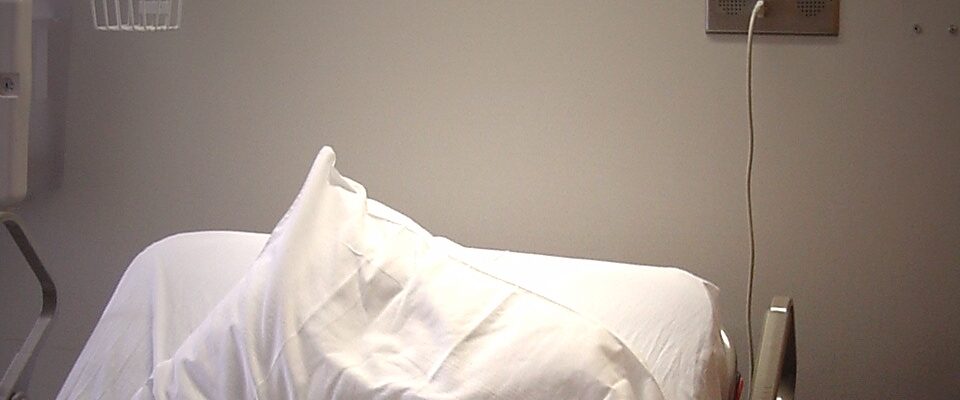On February 27, 2008, a nursing home resident (whose name is not listed) at Sunrise Manor Center for Nursing and Rehabilitation passed away. The nursing home resident had only been at the center since February 19 – a mere 8 days. The cause of death was listed as septic shock – a condition where an infection is so serious that the body’s organs shut down. The nursing home resident’s family (Henry) proceeded to sue Sunrise Manor Center to recover damages based on the liability theories of: medical malpractice, wrongful death, violation of the Public Health Law, and negligent hiring and retention. Sunrise Manor petitioned the court to dismiss all allegations against it. On February 1, 2017, the Supreme Court of the State of New York, Appellate Division, Second Judicial Department issued its ruling.
On the liability theory based on medical malpractice and wrongful death, Sunrise Manor must prove that either (1) there was no departure from “accepted medical practice”, or (2) if there was a departure, that the departure did not cause the resident’s death. Sunrise Manor provided expert testimony that there was no departure from the accepted standard of care. The resident’s family offered rebuttal expert testimony opining that the accepted standard of care was deviated by (1) failing to inform the resident’s physician of a high fever, and that (2) the failure to inform the physician led to the resident’s untimely death. The Court decided that there was a “triable issue of fact” – meaning that a jury (and not the judge) would decide whether Sunrise Manor had committed medical malpractice and therefore enabling the family to recover damages on the legal theory of “wrongful death.”
On the liability theory based on violation of Public Health Law, the Court also refused to dismiss the charges against Sunrise Manor. Unlike medical malpractice, a violation of Public Health Law is based on a violation of “some right conferred by contract, statute, regulation, code or rule.” Among other arguments, the family is alleging that the nursing home resident had entered into a contract with the nursing home to be taken care of, and they did not fulfill that duty. The Court agreed with the family and did not dismiss the charge against Sunrise Manor.
On the final theory of liability – negligent hiring and retention, the Court agree with Sunrise Manor and dismissed that specific cause of action. Under New York law, liability on the theory of negligent hiring and retention is not allowed if “the employee is acting within the scope of his or her employment” because under those instances, the employer can be held vicariously liable. The Court held that the employees were acting within the scope of the employment, and thus dismissed the charge against Sunrise Manor.
Source:
http://law.justia.com/cases/new-york/appellate-division-second-department/2017/2014-10685.html




